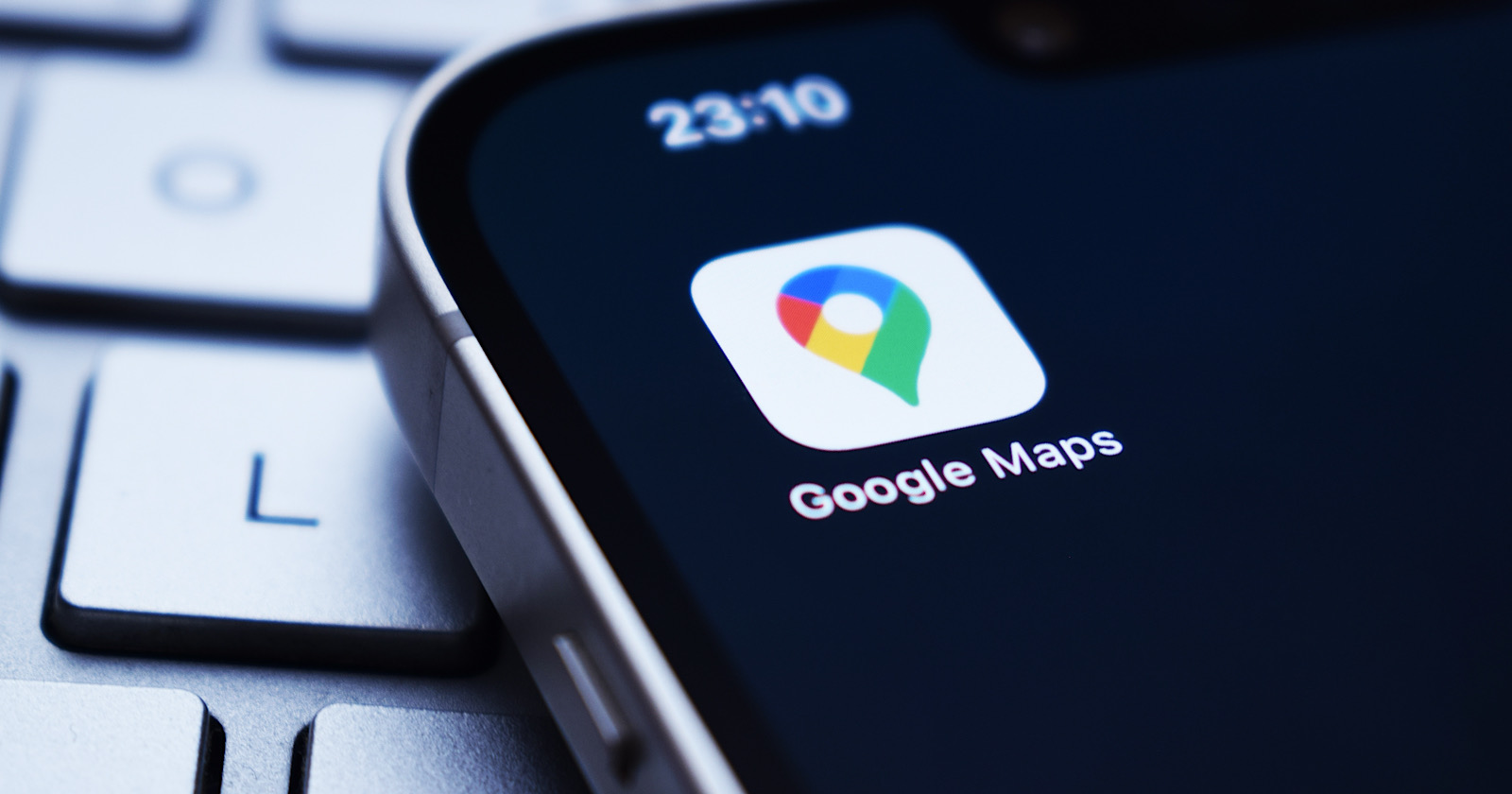Understanding Boreout: The Silent Workplace Epidemic
The concept of boreout refers to a feeling of detachment and lack of inspiration at work, to the point where one becomes so disengaged that they are unable to take action. This phenomenon, while less commonly discussed than burnout, is gaining recognition in todays workplace environment.
Boreout, a term first introduced by two Swiss business consultants in a book in the late 2000s, encapsulates the experience of feeling purposeless and disengaged due to a lack of meaningful engagement in ones job. According to Wharton psychologist Adam Grant, boreout is becoming increasingly prevalent, particularly in the context of remote work. This sentiment is echoed by a report from Gallup in January, which highlighted that many American workers are remaining in their current positions despite feeling increasingly disconnected due to a challenging job market and rising living costs.
Kelli Thompson, an executive coach and author of Closing the Confidence Gap, shared her personal experience with boreout, which she described as feeling itchy after spending 11 years in a banking role. Despite her appreciation for her company and colleagues, Thompson found herself merely going through the motions, leading to a sense of disengagement. Ultimately, you just start to feel disengaged, she explained in an interview with Business Insider.
Thompson emphasized that boreout isn't necessarily tied to the company culture or the people one works with; instead, it can stem from a feeling of boredom after mastering job responsibilities. Following her own struggles with boreout, Thompson transitioned to running her own business, where she now helps others navigate through similar experiences.
The fear of leaving a job in a competitive employment market can exacerbate feelings of boreout, but Thompson encourages individuals to shift their perspective. You can be grateful that you have a job and also advocate for alignment with your employer, she stated. This approach presents a hopeful alternative to simply quitting a job one feels disconnected from.
Kacy Fleming, an organizational psychologist and founder of The Fuchsia Tenta private membership group aimed at supporting professional women in midlifebelieves that boreout is more common than people realize, even though it often flies under the radar compared to burnout. Fleming notes that boreout can manifest for various reasons: some individuals find themselves trapped in monotonous routines, while others may take on senior roles with responsibilities that no longer excite them.
The shift from an office environment to remote work can further compound feelings of boredom and burnout. Fleming argues that when individuals work lives become dominated by mundane taskssuch as endless spreadsheetsover the creative pursuits that originally drew them to their professions, it can lead to a sense of disillusionment and detachment.
Moreover, the dynamics of working from home versus working in an office can heavily influence ones engagement levels. Fleming stresses the importance of flexibility and autonomy in workplace arrangements, emphasizing that stripping these elements away without clear communication of the rationale can be detrimental to employee morale.
Its symptomatic of employees being given something they wanted for a brief time and having it taken away, she pointed out. She also highlighted that superficial incentives, such as free lunches, fail to address the deeper needs for safety and significance within the workplace.
Lisa Walker, a Chicago-based strategic business executive leading DHRs global industrial practice, further elucidates the role of effective communication in combating boreout. She noted that traditional office settings provided ample opportunities for informal conversations, which can help in identifying when employees start to disengage. In contrast, remote work makes it more challenging to pick up on subtle behavioral changes, such as a decline in responsiveness or enthusiasm.
If someone who is usually open about their issues suddenly becomes silent, that may indicate theyve checked out, Walker cautioned. She encourages managers overseeing remote or hybrid teams to actively foster informal social networks and routinely check in with employees.
Kelli Thompson also highlighted that individuals suffering from boreout often exhibit risk-averse tendencies, often advocating for others but neglecting their own needs. She motivates her clients to envision what they want their work life to look like a year from now and to take small stepsmoving 1% closer to their desired change.
Reflecting on her own career transition, Thompson recounted leaving her banking job for a role as the HR lead at a tech company, despite taking a pay cut. It just felt so easy, she said, explaining that the challenges she faced were worthwhile because she found herself engaged in work that was enjoyable and exciting. Ultimately, Thompson believes that experiencing boreout doesn't mean one will never encounter difficult days; rather, it signifies that the harder days will become more manageable when the work itself is fulfilling.

























